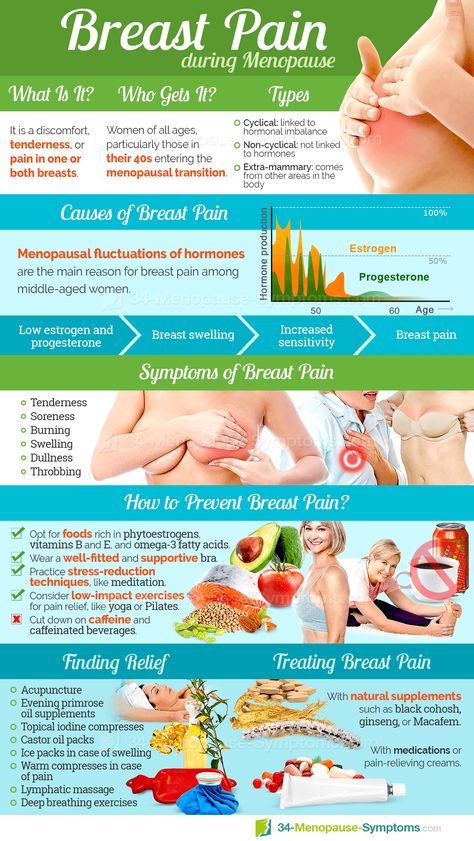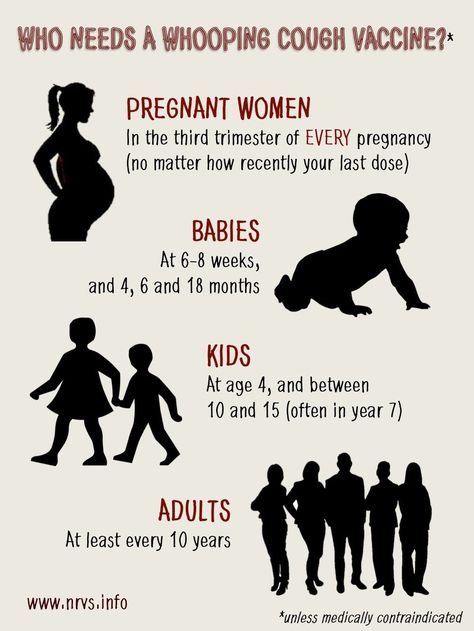What helps a newborn poop
Symptoms, Treatment and When to Call a Doctor
Nationwide Children’s Hospital
Constipation (con-sta-PA-shun) in infants can worry parents. Most of the time, your baby is not really constipated. They may not have developed a routine for pooping yet. Some babies do not develop a bowel movement (BM) pattern for a while.
An infant’s BM pattern can change if their diet changes, like switching from breastmilk to formula, starting solid foods, or drinking less formula than usual. If your baby’s stool (poop) is not soft or easily passed, then they may be constipated.
In rare cases, constipation may be caused by a lack of nerves going to the intestines or by a problem with the way the intestine formed at birth. Your baby can be tested for these conditions if your health care provider feels it is needed.
Signs of Constipation
- less stools than their usual pattern
- straining more than normal to have a bowel movement
- a change in how the stool looks from soft and mushy to:
- small, hard pebbles, or like a large, round golf ball
- loose and watery
- abdomen (belly) bloated or swollen with gas
- painful cramps
Treatment
- If your baby is not eating baby food yet, you may give 1 to 2 ounces of 100% fruit juice (pear, prune, cherry, or apple) once a day.
Stop the juice if their stools become too loose.
- If they are old enough to eat baby foods, feed them pureed pears, peaches, or prunes instead of giving them juice.
- If your baby eats cereal, it may help to give oatmeal, wheat, or barley cereal. Rice cereal can cause constipation in some children.
- Sometimes giving your baby a warm bath to relax them or exercising their legs, like riding a bicycle, will help stimulate the bowels to move (Picture 1).
- If it has been a few days since your baby has pooped and the juice or pureed food has not worked, then you can try a glycerin suppository. Place your baby on their back. Gently push the suppository into their anus (bottom). Suppositories are meant for occasional use.
- Contact your baby’s health care provider before giving them laxatives, baby mineral oil, or enemas to treat constipation.
Medical Therapy
Your child’s health care provider may order the following treatments:
- Give your child medication.
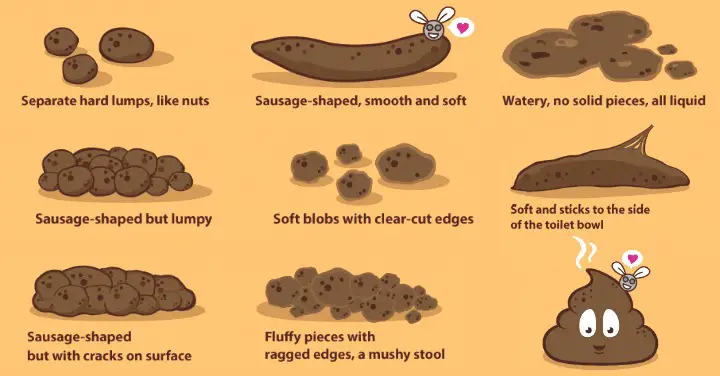
- Check your child’s temperature using a digital, rectal thermometer. Put a small amount of petroleum jelly (Vaseline®) on its tip before inserting into the rectum. Taking a rectal temperature may stimulate the baby to pass stool.
When to Call the Health Care Provider
Call the health care provider if any of the following occurs:
- Your baby is irritable and seems to be having stomach pain. Infants will pull their legs up to their stomach and cry when they are in pain.
- Your baby has constipation and develops vomiting, and their belly looks like it is bloated or filled with gas.
- You see blood in their stool.
- Their constipation does not get better with treatment.
If you have any questions or concerns, call your baby’s health care provider.
Constipation: Infant (PDF), Spanish (PDF), Somali (PDF), Arabic (PDF), Nepali (PDF)
HH-I-14 ©Copyright 1984, Revised 2022, Nationwide Children’s Hospital
You Might Also Be Interested In
Blog
Pelvic Floor Physical Therapy: How It Can Help
Podcast
PediaCast 503 Your Childs Stomach Part 1
Blog
Senna-Based Laxatives for Kids’ Constipation: Are They Safe?
Baby constipation: Top 7 home remedies
Babies often go a long time between bowel movements. Most of the time, it is normal for a baby to go days or even more than a week without a bowel movement. However, a baby may sometimes be constipated and need a little help.
Most of the time, it is normal for a baby to go days or even more than a week without a bowel movement. However, a baby may sometimes be constipated and need a little help.
If a baby is constipated, a pediatrician may recommend using home remedies as a first-line treatment for baby constipation.
Home remedies for constipation in a baby include:
1. Exercise
Moving a baby’s legs can help relieve constipation.
As with adults, exercise and movement tend to stimulate a baby’s bowels.
However, as babies may not be walking or even crawling yet, a parent or caregiver may want to help them exercise to relieve constipation.
The parent or caregiver can gently move the baby’s legs while they are lying on their back to mimic the motion of riding a bicycle. Doing this may help the bowels function and relieve constipation.
2. A warm bath
Giving a baby a warm bath can relax their abdominal muscles and help them stop straining. It can also relieve some of the discomfort relating to constipation.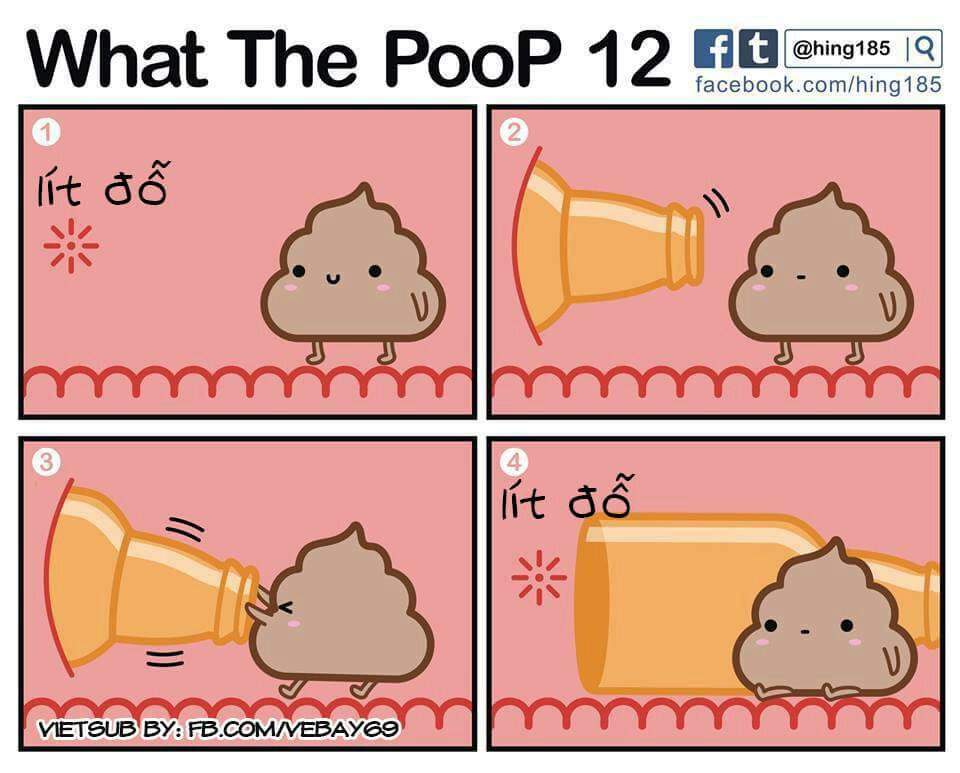
3. Dietary changes
Certain dietary changes may help constipation, but these will vary depending on the baby’s age and diet.
While breastfeeding a baby, a woman could eliminate certain foods, such as dairy, from her diet. It may take some trial and error to identify the dietary changes that help, and it is quite possible that changes in the diet will have no effect on the baby’s constipation.
For formula-fed babies, a parent or caregiver may want to try a different kind of formula. It is best not to switch to a gentle or dairy-free formula without consulting a pediatrician first. If one change does not make a difference, continuing to try different formulas is unlikely to help.
If an infant is eating solid foods, parents or caregivers should look to introduce foods that are good sources of fiber.
Many fruits and vegetables can help stimulate the bowels because of their higher fiber content. Good food choices for babies with constipation include:
- skinless apples
- broccoli
- whole grains, such as oatmeal or whole-grain bread or pasta
- peaches
- pears
- plums
4.
 Hydration
HydrationYoung infants do not typically need supplemental liquids as they get their hydration from breast milk or formula.
However, babies that are constipated may benefit from a small amount of extra liquid.
Pediatricians sometimes recommend adding a small amount of water or, occasionally, fruit juice, to the baby’s diet when they are over 2–4 months old and are constipated.
5. Massage
There are several ways to massage a baby’s stomach to relieve constipation. These include:
- Using the fingertip to make circular motions on the stomach in a clockwise pattern.
- Walking the fingers around the naval in a clockwise pattern.
- Holding the baby’s knees and feet together and gently pushing the feet toward the belly.
- Stroking from the rib cage down past the belly button with the edge of a finger.
6. Fruit juice
A small amount of pure apple juice can help soften stool.
After a baby reaches 2–4 months of age, they can have a small amount of fruit juice, such as 100-percent prune or apple juice. This juice may help treat constipation.
This juice may help treat constipation.
Experts may recommend starting with about 2–4 ounces of fruit juice. The sugar in the juice is hard to digest. As a result, more liquid enters the intestines, which helps soften and break up the stool.
However, a parent or caregiver should not give fruit juice to a baby for the first time without consulting their pediatrician.
7. Taking a rectal temperature
When a baby is constipated, taking the baby’s rectal temperature with a clean, lubricated thermometer may help them pass stool.
It is important not to use this method very often, as it can make constipation worse. The baby may start not wanting to pass a bowel movement without help, or they may begin to associate having a bowel movement with discomfort, leading them to fuss or cry more during the process.
Anyone who feels as though they often need to use this method to help the baby have a bowel movement should talk to the baby’s doctor.
As infants may go for extended periods without a bowel movement, it can be hard to tell if they are constipated.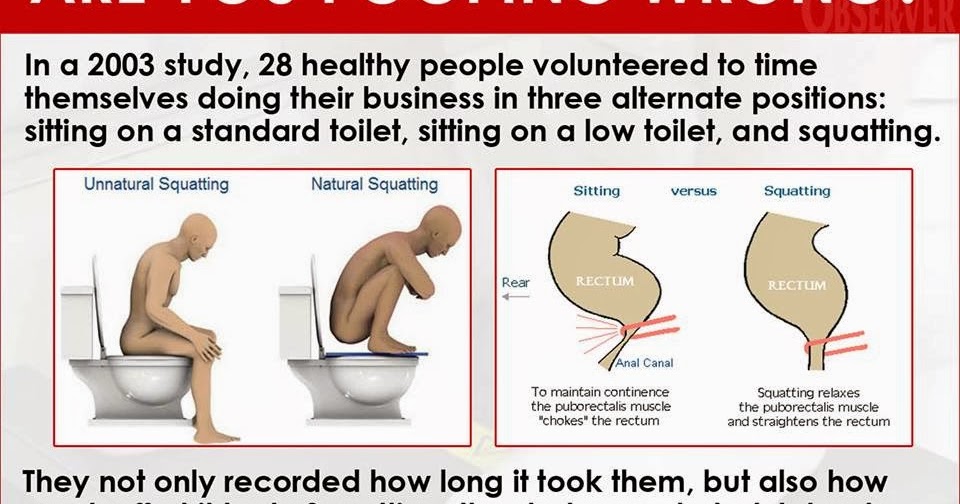 Signs that indicate constipation in a baby include:
Signs that indicate constipation in a baby include:
- infrequent stools that are not soft in consistency
- clay-like stool consistency
- hard pellets of stool
- long periods of straining or crying while trying to have a bowel movement
- streaks of red blood in the stool
- lack of appetite
- a hard belly
Signs of constipation in babies vary depending on their age and diet. A normal bowel movement before a baby begins eating solid food should be very soft, almost like the consistency of peanut butter or even looser.
Hard baby stool prior to solid food is the most obvious indication of constipation in babies.
At first, breastfed babies may pass stool often since breast milk is easy to digest. However, once a baby is between 3 and 6 weeks old, they may only pass a large, soft stool once a week and sometimes even less.
Formula-fed babies tend to pass stool more frequently than breastfed babies. Most formula-fed babies will have a bowel movement at least once a day or every other day.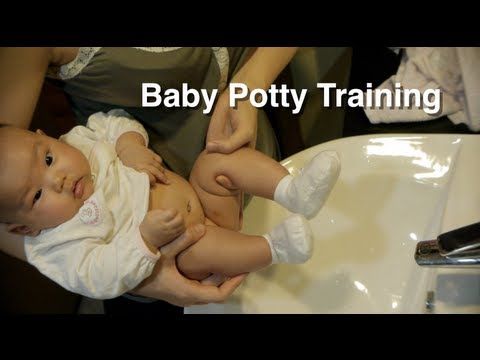 However, some formula-fed babies may go longer between bowel movements without being constipated.
However, some formula-fed babies may go longer between bowel movements without being constipated.
Once a parent introduces solid food to a baby’s diet, a baby may be more likely to experience constipation. A baby may also be more likely to become constipated if a parent or caregiver introduces cow’s milk (other than formula) to their diet.
Share on PinterestA doctor should assess a baby with ongoing constipation.
It is advisable to call a pediatrician if a baby has not passed a stool after a day or two and there are other signs present, such as:
- blood in the stool
- the baby seems to be irritable
- the baby appears to have abdominal pain
- there is no improvement in the baby’s constipation after taking steps to treat it
Treatment typically starts with home remedies. If home remedies do not work, a doctor may examine the baby and, in rare cases, prescribe medications, such as:
- laxatives
- enemas
- suppositories
People should never give these medications to a baby unless a doctor prescribes them.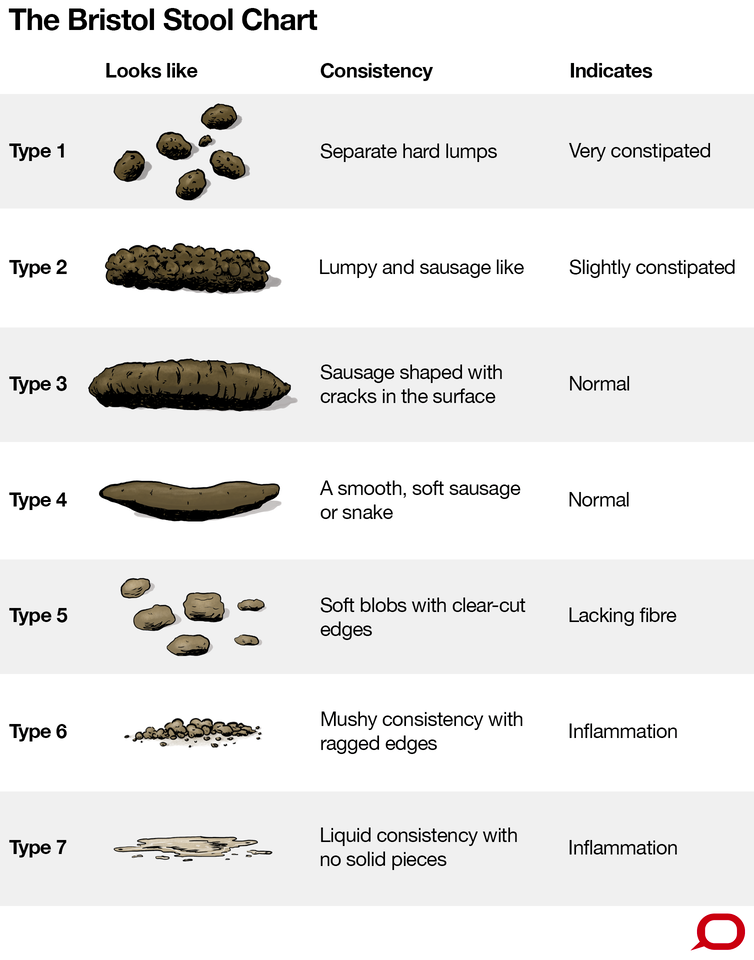
Constipation can lead to discomfort and irritability in a baby. People can try several at-home methods to help alleviate constipation.
If symptoms do not improve, it is best to speak to the infant’s pediatrician for additional strategies.
Read the article in Spanish.
five ways to make life easier for a baby with constipation
Constipation is delayed, difficult or systematically insufficient bowel movement. And constipation in children is a problem that parents often face. About whether it is worth worrying if the baby rarely goes to the potty, in which cases it is important to consult a doctor, and in which it is possible to solve the problem on your own, says the famous pediatrician, candidate of medical sciences, TV presenter Evgeny Komarovsky.
Evgeny Komarovsky
famous pediatrician, candidate of medical sciences, TV presenter
“Very often, constipation is not an independent disease, but only a symptom of peptic ulcer, hemorrhoids, pancreatitis, cholecystitis, dysfunction of the thyroid gland”
– When it comes to about children of the first year of life, then in one case for several thousand constipation may be the result of the so-called Hirschsprung's disease, continues Evgeny Komarovsky.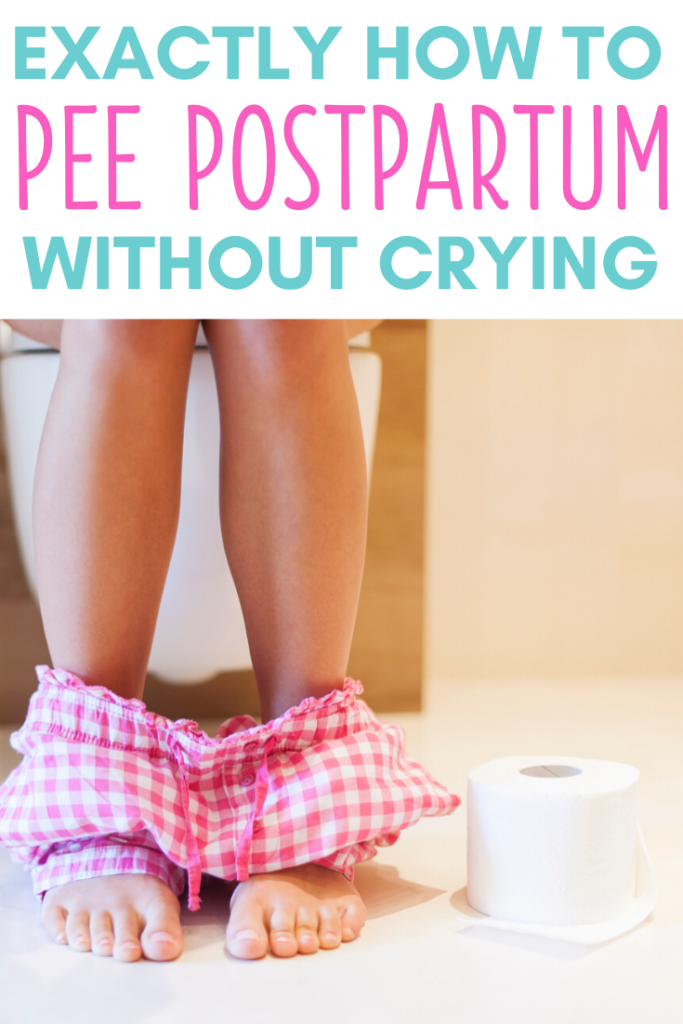 - This is a congenital disease in which nerve cells are not developed in one of the sections of the intestine, which is why peristalsis is disturbed and fecal masses accumulate in the intestine. In this case, there is only one way out - an operation.
- This is a congenital disease in which nerve cells are not developed in one of the sections of the intestine, which is why peristalsis is disturbed and fecal masses accumulate in the intestine. In this case, there is only one way out - an operation.
In a word, the child's constant problems with stool should encourage parents to consult a gastroenterologist who would rule out diseases of the gastrointestinal tract.
It is normal for babies to hold stools
Every baby has a different bowel movement frequency, which depends on many factors. And here it is important to remember this:
- In infants, a rare bowel movement almost always indicates that the food that the child eats is of high quality, suits him perfectly and is almost completely absorbed, - says Evgeny Komarovsky. - And if the baby is fed breast milk or an adapted formula, if you introduce the right complementary foods on time, but the baby does not poop for up to six days in a row, this is normal. Provided, of course, that this does not cause him discomfort and does not affect his well-being and development.
Provided, of course, that this does not cause him discomfort and does not affect his well-being and development.
The better the food is assimilated, the less often the baby goes to the potty.
That is why most often the problem is not in the child, but in his environment.
– Grandmothers, having learned that the baby has not gone to the potty for two days, immediately begin to lament about this, advise him to “treat” him with folk methods, and mothers worry and look longingly into an empty pot, – says Evgeny Olegovich. - In this case, the cause of stool retention may be, for example, excessive mother's care. Judge for yourself. Let's say mom has two potatoes. She can cook them in uniform and give them to a child, while he will absorb 80% of this dish, the rest will come out naturally. Or mom can cook them, clean them, knead them properly, add milk and butter. It will turn out a liquid puree, which will be absorbed almost entirely. There is simply nothing to leave the body!
Five rules for treating constipation
If your doctor is sure that constipation is not a symptom of something serious, you can try to manage it yourself. What do you need to pay attention to?
What do you need to pay attention to?
1. The child must not be dehydrated.
Lack of fluid is one of the most common causes of constipation in children. At the same time, stool masses become thick, slowly move along the intestines, scratch its walls, which causes pain and colic. Yes, and the urge to go to the toilet occurs only when the accumulated masses begin to put pressure on the walls of the rectum, while water helps to increase their volume, and the baby poops faster. So we give more to drink and moisturize the nursery!
2. There must be enough potassium in the body.
With a lack of potassium, intestinal contractions (the so-called peristalsis) are sharply weakened, and this may well be the cause of constipation. Most potassium in raisins, dried apricots, prunes, figs, which, by the way, can be added to compotes or eaten simply steamed.
3. Complete diet rich in fiber.
For constipation, foods rich in protein, such as chocolate, cottage cheese, nuts, are undesirable.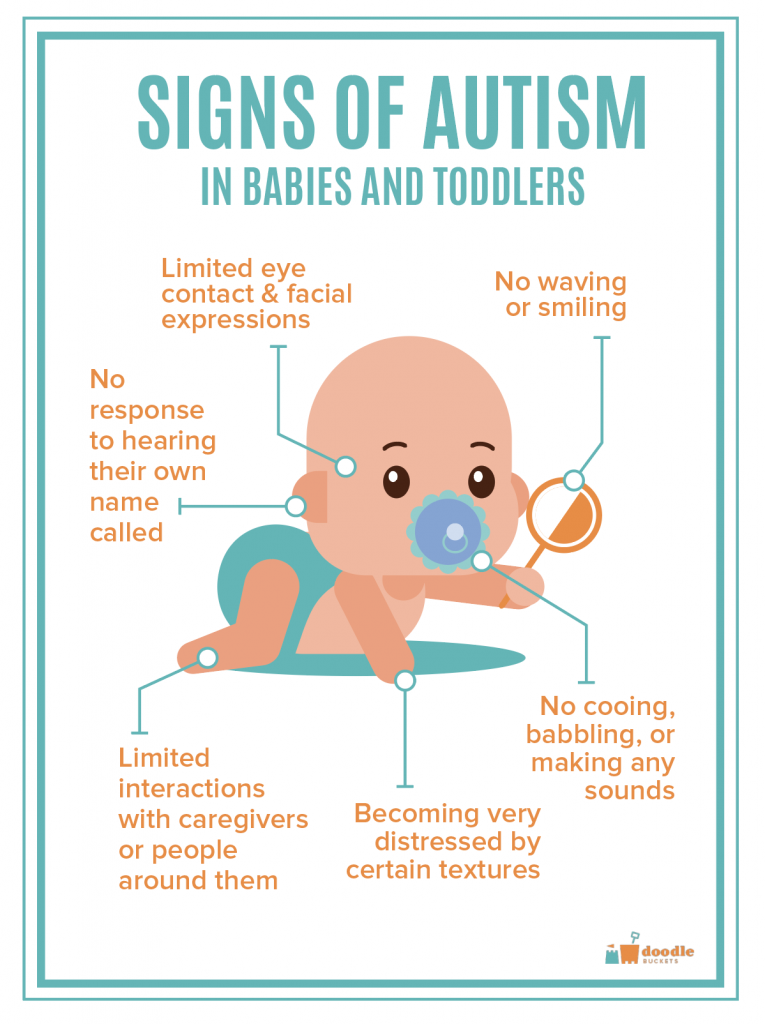 Yogurts, one-day kefir and yogurt are desirable. Black bread is better than white bread. Apple juice is better than a whole apple. Meat is better to limit. In general, fiber is an excellent prevention of constipation. This means that the child needs to be given more fruits and vegetables, as well as cereals, preferably slightly undercooked.
Yogurts, one-day kefir and yogurt are desirable. Black bread is better than white bread. Apple juice is better than a whole apple. Meat is better to limit. In general, fiber is an excellent prevention of constipation. This means that the child needs to be given more fruits and vegetables, as well as cereals, preferably slightly undercooked.
If lactulose and glycerin suppositories do not help, see a doctor.
4. Safe medicines.
There are only two drugs that can be used even in infants and without a doctor's prescription. The first is lactulose syrup, which is sold under various commercial names in any pharmacy. It increases the volume of feces, retaining water in the intestines, does not cause "addiction", you can take it for as long as you like. True, at the first dose, the baby may form gaziki - as a reaction to the drug, so it is better to increase the dose gradually. The second is candles with glycerin. Their advantage is that glycerin is not absorbed by the body, but is released along with the contents of the intestine, while such suppositories act much softer than an enema.
If the cause of constipation is cracks in the anus (appeared, for example, after passing lumps of hard feces), because of which the child simply does not want to go to the potty, fearing pain, suppositories with sea buckthorn oil will help.
5. Daily routine.
It happens that the child feels the urge to eat, but ignores it - for example, he is very busy or simply does not want to go to the toilet in the garden or at school, preferring to wait until he gets home. If this behavior becomes systematic, then the rectum begins to stretch from excess feces, and in order to feel the urge to go to the toilet, the child needs more and more time. Hence - constipation, which has to be treated for a very long time.
To prevent this, it is important to accustom the baby to systematic bowel movements from childhood. Better - at the same time and in the same familiar environment. Let him go potty before bed or after breakfast, before leaving the house.
If all of the above do not help, seek medical advice. It is important to understand that specialists have a much larger set of constipation treatment regimens than parents.
Know!
- Constipation and iron
Constipation is a common side effect of iron supplements prescribed for low hemoglobin. Solution: start taking iron at a dose 2-4 times less than according to the instructions, and gradually increase it.
- Prunes will help
Evgeny Komarovsky talks about products that in 25% of cases help to cope with constipation in a child without any medication. This is a glass of curdled milk and 20 pieces of steamed prunes before going to bed for several days.
You can read more about constipation on the official website of Evgeny Komarovskiy www.komarovskiy.net -> "Navigator" -> "Constipation" (12+)
What to do with constipation in a newborn?
Constipation in a newborn or infant is an extremely unpleasant problem for parents. And it is not always possible to quickly determine what is the cause of constipation in an infant. Most often, problems with bowel movements in babies are functional in nature and are directly related to the nutrition of the child.
And it is not always possible to quickly determine what is the cause of constipation in an infant. Most often, problems with bowel movements in babies are functional in nature and are directly related to the nutrition of the child.
Signs of constipation in a child of the first year of life
- Rare dry and hard stools
- Sleep disorder
- Restless state
- Pungent odor of feces and flatus
Causes of constipation in a newborn child
Causes of constipation in newborns and infants, as a rule, are not associated with a serious pathology of the internal organs or the central nervous system. The main cause of constipation in a baby is malnutrition, early transfer of a child to supplementary feeding with infant formula, frequent changes in products during artificial feeding.
When breastfeeding, the formation of constipation in children of the first year of life is affected by poor nutrition of the mother, for example, the use of large amounts of animal fats and a lack of fiber in the diet.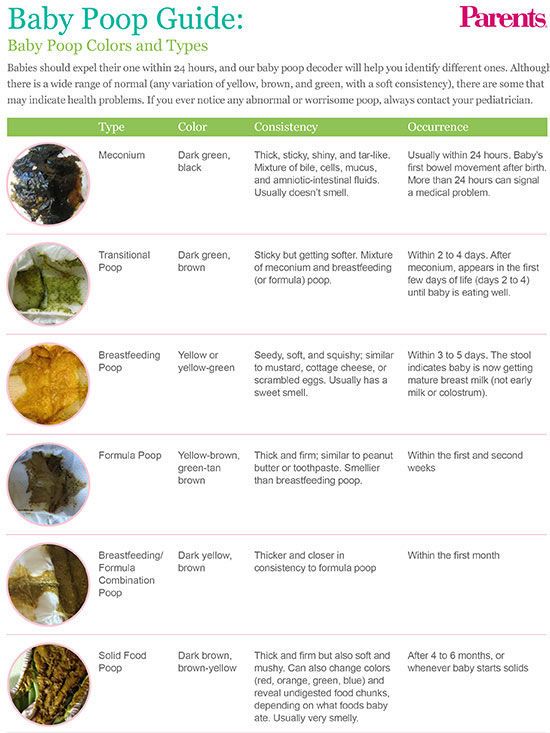 One possible cause of constipation in newborns is dehydration.
One possible cause of constipation in newborns is dehydration.
What to do if a child has problems with stool
- If a child under one year old has acute constipation and has anxiety, straining and arching, we actively massage the abdomen in a clockwise direction so that hand marks remain on the skin (but not bruises!) . We spread it on the stomach, do the exercise - legs to the head, children under one year old can massage the anus, if all this does not help - a children's candle with glycerin from the refrigerator.
- If such situations are repeated often - a mandatory consultation with a pediatrician.
- When introducing complementary foods to a baby with a tendency to constipation, introduce fruits and vegetables into the diet first.
- If the child is older than a year and the process is chronic - assess nutrition - whether there are the necessary 5 servings of vegetables and fruits per day (portion - from the palm or fist of the baby).
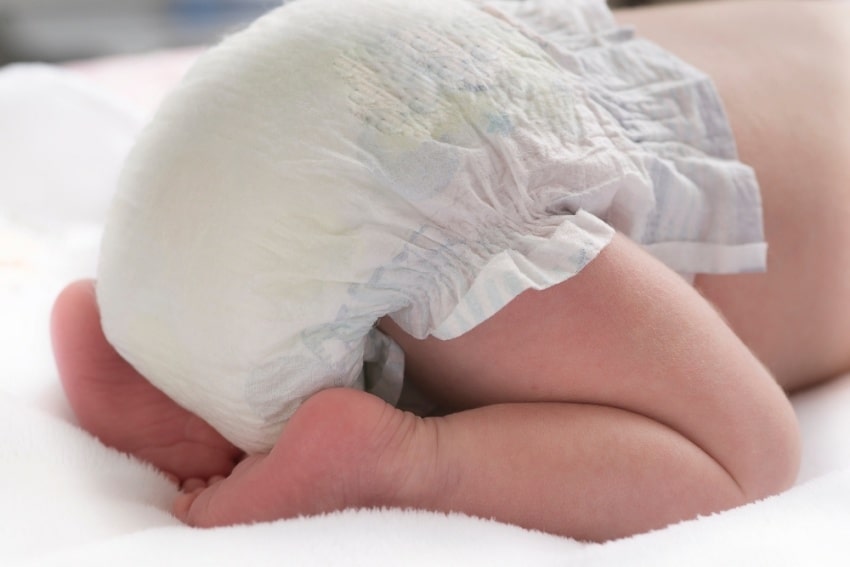 Estimate - how much water does the child drink per day? Is there enough physical activity during the day? What is the psychological climate in the family and the attitude - not to demand a chair from the child, not to swear and not to shout, not to discuss problems with other people in his presence, not to force him to sit on the potty, not to scold him for dirty panties when anointing.
Estimate - how much water does the child drink per day? Is there enough physical activity during the day? What is the psychological climate in the family and the attitude - not to demand a chair from the child, not to swear and not to shout, not to discuss problems with other people in his presence, not to force him to sit on the potty, not to scold him for dirty panties when anointing. - It is better to choose laxatives based on macrogol or lactulose with the help of a doctor.
- In parallel with laxatives, we conduct psychological work with the child at home and with a specialist - books about defecation, toilet games, etc.
When should you be very worried about constipation in a child? Namely:
- if there is no meconium discharge in the first days of life;
- retardation and constipation;
- vomiting and tense abdomen;
- blood in stool;
- changes in hair growth and pigmentation of the sacrum and coccyx,
- violation of the development of the sacrum;
- changes in the anus - fistulas with discharge, hematomas, inflammation;
- change in the muscular skeleton of the anterior abdominal wall - lack of muscles or insufficient development.
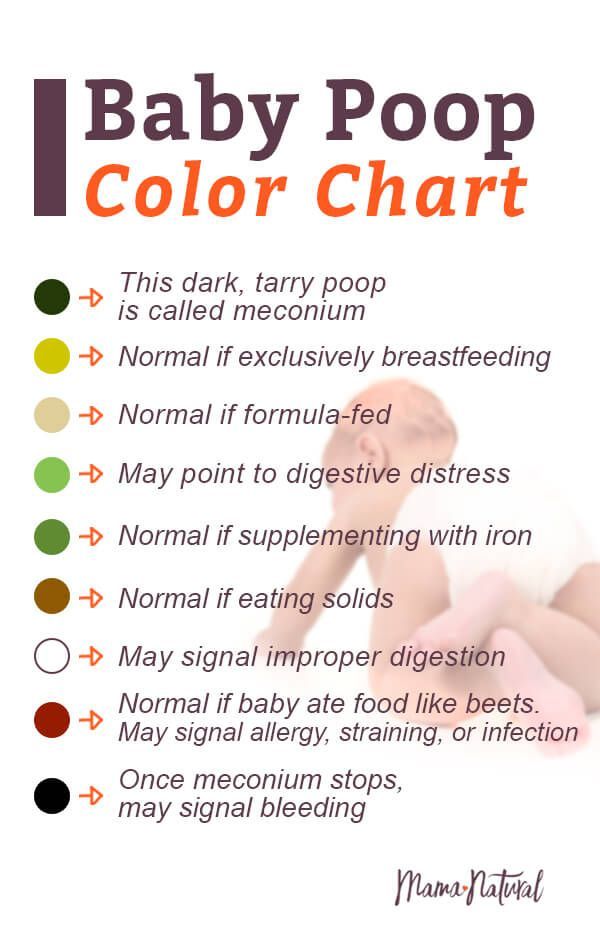
If a baby up to a year old is breastfed for several days (3-5 days, but not weeks!) Does not poop and does not worry - if he is cheerful and cheerful, eats well, does not spit up and does not stain the diaper, and farts well, in this no parental intervention required! The stool should be soft and not cause trouble during bowel movements.
In the treatment of constipation, toilet training is important - every day at the same time, preferably after eating and drinking - calmly and kindly go to the potty (if the toilet is, then there should be a support under the feet so that the knees are above the level of the priests) and try to poop. If there was no stool for several days, you can pre-put a glycerin suppository.
In the presence of painful defecation, fissures and blood, urgently show the child to a doctor (gastroenterologist or proctologist) and start treatment - baths, suppositories and laxatives are applied topically. This is absolutely necessary in order to soften the stool and prevent the formation of persistent fear of defecation, which is then very difficult to remove.
